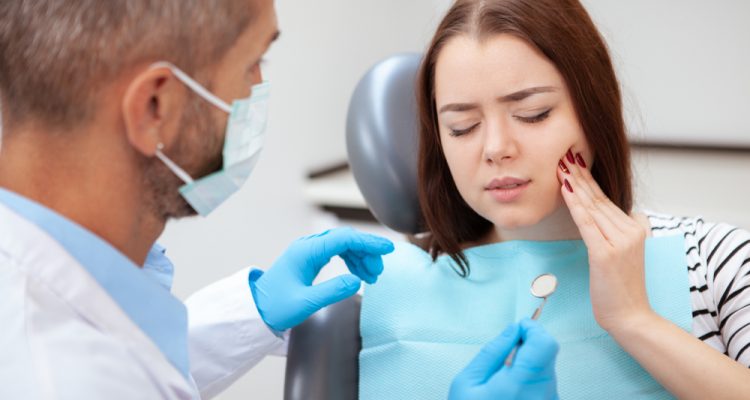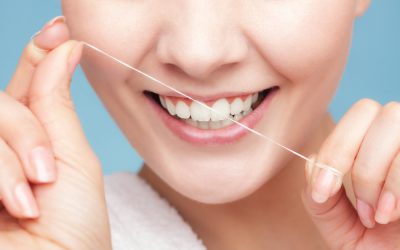A dental emergency can happen at any time. Most dentists prepare for the unexpected by scheduling time into their day to handle emergency situations. In the case of many dental emergencies, swift action can prevent you from losing teeth or sustaining permanent damage.
Keep reading to learn more about what an emergency situation is and the immediate steps you should take to prevent further damage.
Types of Dental Emergencies
The following conditions are an emergency and require immediate care. If you sustain any of the following injuries, then stay calm, follow the tips below and call your dentist or seek emergency care as soon as possible.
- Knocked-out tooth. If you suffer a blow to the face or a bad fall, you may displace a tooth. If your tooth is knocked-out, pick it up by the crown (never the roots), rinse it gently with water and find a way to preserve it until you can see a dentist. Try to place the tooth back into its socket, and bite down gently to hold it in place. If that doesn’t work, place the tooth in a small container of milk. If you lose a tooth, it’s imperative that you act quickly to get care, so the tooth can be reinserted and saved without damage.
- Severely fractured or cracked tooth. Severe cracks and fractures can cause a lot of pain. You should seek care immediately, because a deep crack or fracture may have caused damage to the inside of your tooth, as well as the outside. The severity of the injury will determine whether you need a crown, a root canal or a tooth replacement solution. If you experience swelling and pain, rinse out your mouth with warm water, place a cold compress over your face and take acetaminophen to ease the discomfort until you see your dentist.
- Loose teeth. Adult teeth should never be loose. If you have a loose tooth, try to gently press it back into realignment and bite down lightly to hold it in place. Don’t force it if you can’t. Call your dentist as soon as possible for evaluation and treatment.
- Tissue injury. Injuries to oral tissues may include lacerations, puncture wounds or tears to the cheeks, lips or tongue. Rinse your mouth out with warm water and apply light pressure with gauze to any bleeding areas. Seek dental care or an oral surgeon.
- Oral infection or abscess. An oral infection or abscess can be a life-threatening situation. In many cases, an infection or abscess is the result of an advanced underlying dental condition that wasn’t treated early enough. Signs of infection or abscess are severe pain, fever, swelling and bumps or knots on the gums. Seek emergency care immediately, to prevent the infection from spreading to your blood.
Please note that you should never take ibuprofen or aspirin for a dental emergency or apply these medications directly to your gum tissues or teeth. Ibuprofen and aspirin are anticoagulants that may cause excessive bleeding. If you have pain, you can safely take acetaminophen.
What Conditions Are Not an Emergency?
While all dental problems are serious, some are less urgent than others. The following problems are manageable until you can schedule an appointment with your dentist:
- A chipped tooth (that isn’t causing pain and does not have jagged edges)
- A minor crack
- A toothache
- Tooth sensitivity to sweets or hot and cold foods
- A lost crown or filling (that isn’t painful and does not affect your ability to eat or speak)
Severe pain and bleeding in the oral cavity are always emergencies that require immediate care and attention.
Boyett Family Dentistry Is Open to Treat Dental Emergencies
Due to the current global situation, Boyett Family Dentistry is only open for emergencies at this time. Regularly scheduled cleanings, elective procedures and cosmetic procedures will be rescheduled as soon as we’re able to open our doors again. The ADA has released guidelines for what constitutes an emergency – you can read them here.
Questions or concerns? Experiencing severe pain, bleeding or a lost tooth? Please call us at 863-294-9200.






